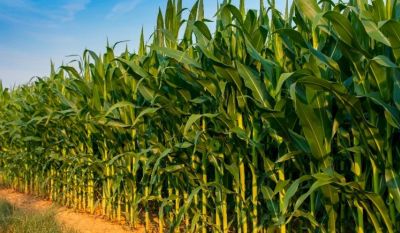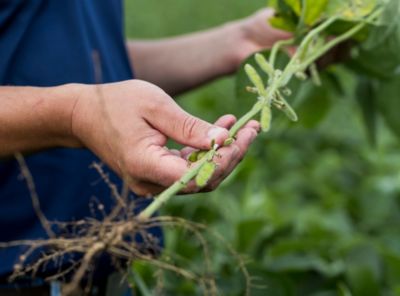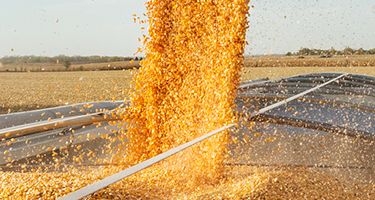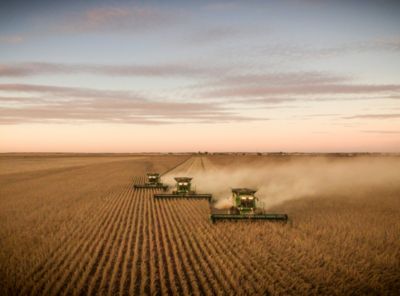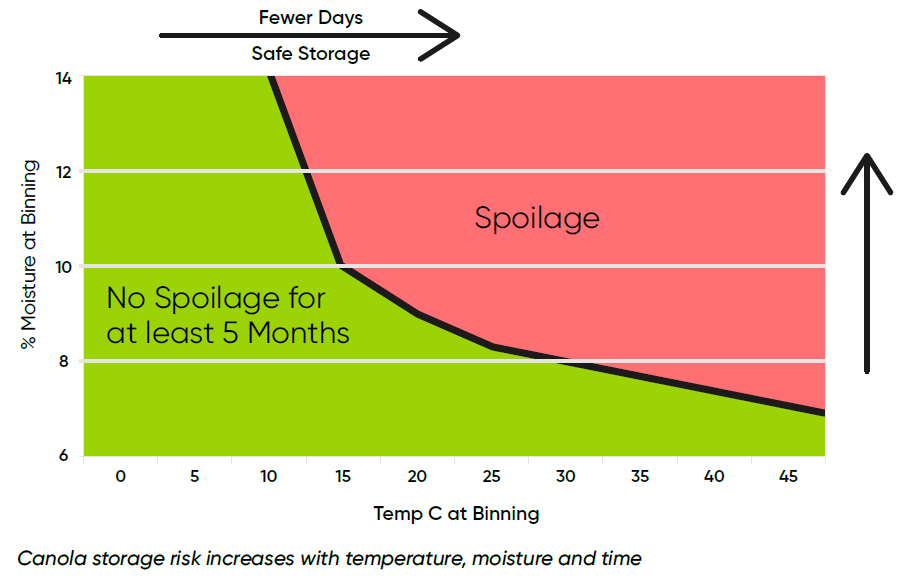Helpful Storage Tips to Protect Your Canola
Harvest is done and now your canola is safely in the bin, right? While we certainly hope so, it’s important to understand that even dry canola needs to be carefully monitored while in storage to prevent losses associated with spoilage from moisture migration and heating.
When it comes to safe storage in canola, it’s all about maintaining stability. This means lower moisture levels and lower temperatures to protect the high value of your harvested crop. To maintain the optimal quality of canola seed, it should be stored at 8% moisture and 10°C for long term storage canola is considered dry at 10% moisture.
- Every +1 percent moisture increase above 12.5% can reduced the shelf life of your stored seed by up to 50%
- Important: Monitor the temperature of your canola bins on an ongoing basis with properly anchored temperature cables. Every +5.5°C temperature increase can reduce the shelf life of your stored seed by up to 50%
Here are some helpful tips for protecting your profitability while your canola is in storage:


